Afghanistan: Suicide attack hits Kandahar mosque during prayers
- Posted By: Studio
- International
- Updated: 25 April, 2024 17:33
- 1292
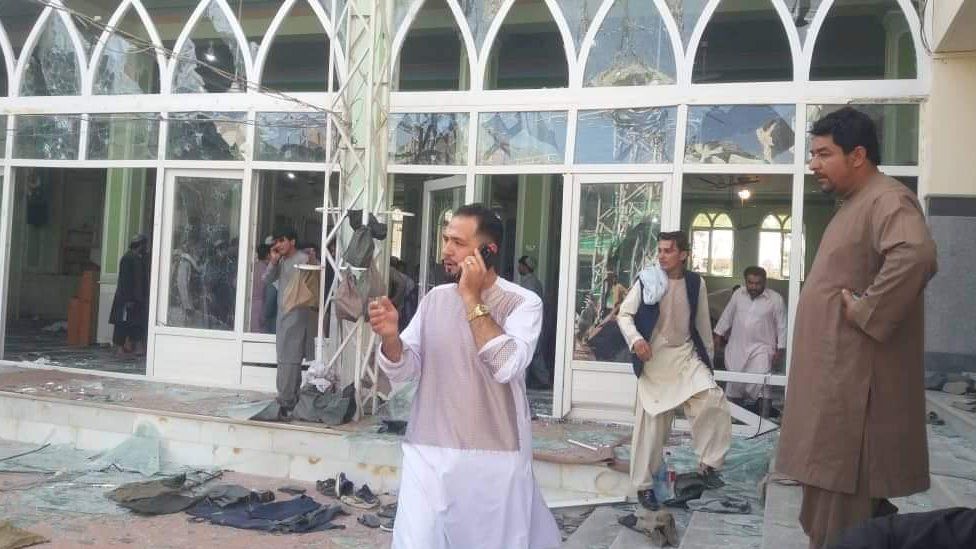
More than 30 people were killed and dozens more injured after blasts tore through a Shia mosque during Friday prayers in the Afghan city of Kandahar.
Pictures from inside the Bibi Fatima mosque show shattered windows and bodies lying on the ground, while other worshippers try to help.
The BBC has been told it was a suicide bombing.
A local reporter quoted by Reuters news agency said eyewitnesses described three suicide attackers.
One reportedly detonated their device at the door of the mosque, with two more setting off theirs inside the building.
"The firing started after we ended the prayers," a man named Ahmadullah told AFP news agency. "Then two, three explosions took place. We were thrown towards the window. Many people, martyred [killed] or wounded, were laying there."
Friday prayers are the busiest congregation of the week, and the building was full of worshippers at the time. At least 15 ambulances were at the scene afterwards, an AFP journalist said.
Taliban special forces have secured the site and have asked people to donate blood to help the victims, Reuters reports.
No group has yet claimed responsibility for the attack. But BBC Afghanistan correspondent Secunder Kermani says that IS-K, a local branch of the Islamic State Group, is expected to say it was behind the blasts.
Kandahar is Afghanistan's second largest city and the spiritual birthplace of the Taliban, so an attack in the city by IS-K - which is extremely hostile towards the Taliban - would be significant.
Last Friday, a suicide attack on another Shia mosque during Friday prayers in the northern city of Kunduz killed at least 50 people. IS-K said it carried out the attack, which was the deadliest since US forces left at the end of August.
IS-K, a Sunni Muslim group, is the most extreme and violent of all the jihadist militant groups in Afghanistan.
It has targeted Afghan security forces, Afghan politicians and ministries, the Taliban, religious minorities including Shia Muslims and Sikhs, US and Nato forces, and international agencies, including aid organisations.
Sunni Muslim extremists have repeatedly targeted Shia Muslims in the past, whom they see as heretics.
About 10% of Afghanistan's population are thought to be Shia Muslims. Many are also part of the Hazara community, the country's third largest ethnic group, who have faced discrimination and persecution for years in Afghanistan and neighbouring Pakistan.
Earlier this month, rights group Amnesty International accused the Taliban of murdering 13 Hazaras, something the group staunchly denied.
The Taliban took control of Afghanistan after foreign forces withdrew from the country at the end of August following a deal agreed with the US.
It came two decades after US forces had removed the militants from power in 2001.

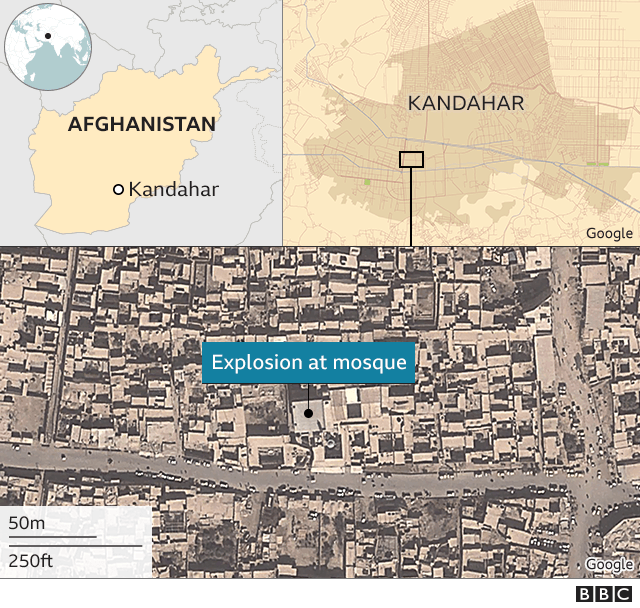

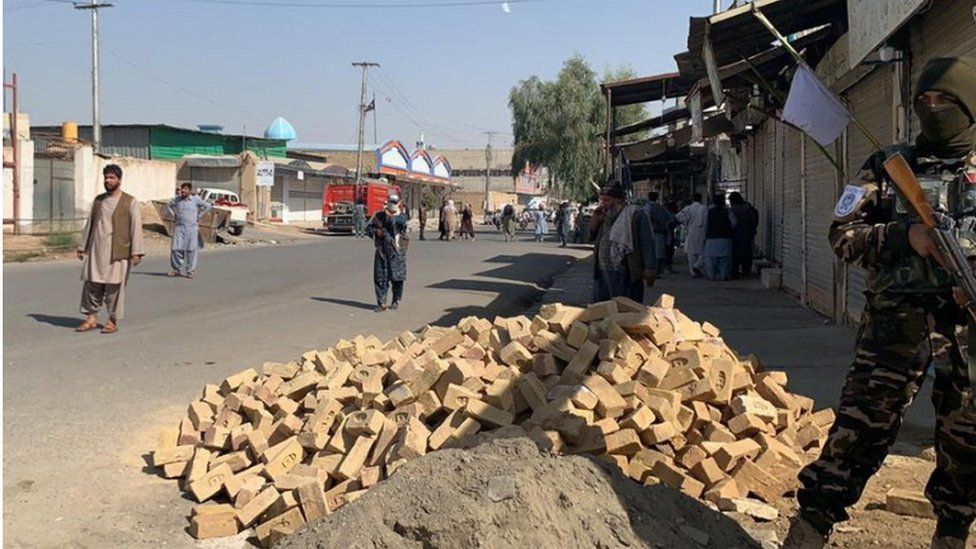

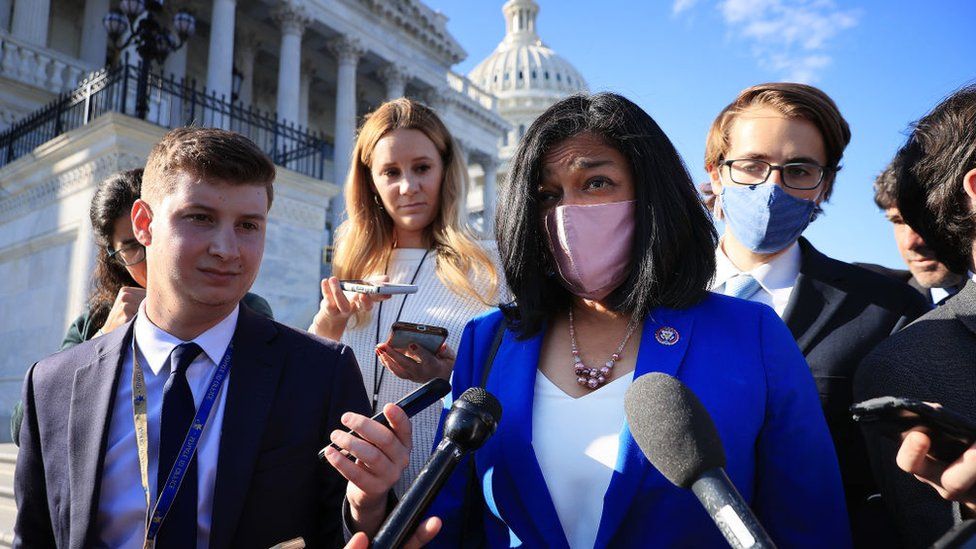



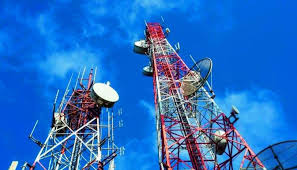


Comments